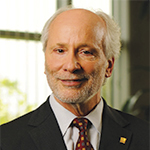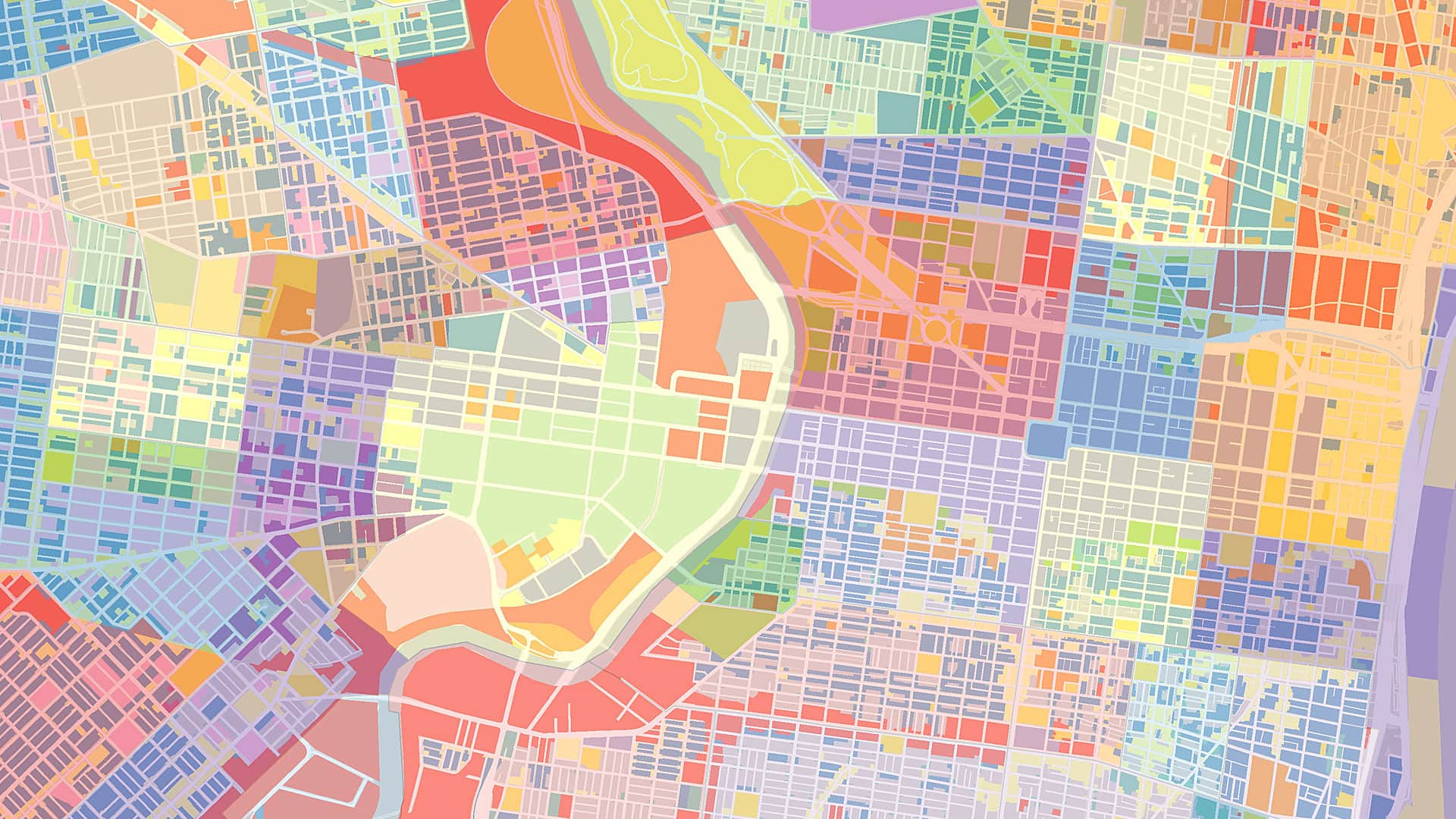Data is the language of the 21st century—the way professionals in the nonprofit, public, and private sectors communicate with each other to make intelligent, evidence-based decisions. An analyst who can translate raw data into comprehensible information is an invaluable asset to any organization.
As critical as data literacy is in the modern workplace, however, data is never anyone’s first language. People who thrive with numbers may even seem to live in a different realm than those who do better with words. But the boundaries between science, technology, engineering, and mathematics (STEM) fields and liberal arts spheres are not impassable. Virtually anyone can learn the language of data.
To acquire fluency in any language, immersion is the best method. Those learning how to work with data need to be able to engage in hands-on learning activities that teach them how to find the patterns within datasets that reveal insights about human societies and the natural world. They also need guidance from instructors who can share their technological expertise and facilitate participation in applied activities.
In an effort to increase the number of analytically fluent professionals, the University of Massachusetts Global (UMass Global), formerly Brandman University, has built a spatially literate university, in partnership with Esri, to educate students from diverse professional backgrounds in data and geospatial literacy. The university’s distinct academic programs and student support services are designed to help working adults complete degrees and certificates that match increasingly datacentric labor market needs.
A Dearth of Data Literacy
For all the talk about data, the reality is that a vast majority of professionals in several technologically advanced countries are not yet analytically fluent.
Just 21 percent of surveyed professionals from select countries in North America, Europe, Asia, and the Pacific are fully confident that they can use data proficiently, according to The Human Impact of Data Literacy, a 2020 report from analytics software company Qlik and professional services company Accenture. Both companies are members of the Data Literacy Project, which aims to enhance data literacy around the world. Alarmingly, the report also shows that 36 percent of respondents admitted to wasting time to avoid having to work with data, and 61 percent claimed that having to work with data was a source of on-the-job stress.

These deficiencies are striking when one considers how advantageous data literacy can be. In The Data Literacy Index report from 2018, Qlik-commissioned researchers looked at businesses worth an average of $10.7 billion to see how well they used data. The researchers, who included faculty members from the Wharton School of the University of Pennsylvania, found that the firms they observed as having the highest data literacy rates had enterprise values $320 to $534 million greater than those of comparison firms.
Nevertheless, index researchers also discovered that many executives in the United States do not emphasize data literacy education at their companies. Only 30 percent of US business leaders in the study reported providing their employees with training in data literacy—the smallest number among all countries surveyed. And only 16 percent of US executives said their enterprises significantly encourage data literacy.
Clearly, something needs to change. Students need opportunities to learn about data, and companies need to invest in their employees’ data literacy.
Learning in Context
UMass Global offers a variety of degree and certificate programs that do just that, incorporating project-based learning and even Esri trainings into the curriculum.
The university, which has more than a decade of experience developing online and hybrid programs for working adults, has infused GIS into its undergraduate programs in the School of Business and Professional Studies and the School of Arts and Sciences. Students often apply the GIS skills they learn in the classroom one day to their jobs the next.
Additionally, UMass Global’s certificate offerings manifest the value of data literacy. One such program, the graduate-level certificate in Business Intelligence and Data Analytics, begins with a course on data fundamentals. Students then go on to gain experience in data visualization, communicating with data, and using data to understand if projects are producing desired results.
The university’s newest certificate offerings allow students to take Esri’s instructor-led trainings and have them count toward their university credits. These certificates—which include Emergency Management Using GIS, Economic Development Using Location Intelligence, and Geospatial Marketing Analysis—show students, in context, how to do data analysis and visualization and make data-driven decisions.
Not only that, but certificate programs like these “allow workers of any age to upskill as jobs and skills shift,” according to the recent Creating the Future Workforce Today report from professional services firm PwC and the Business-Higher Education Forum. And because certificate programs allow students to obtain stackable credentials—in which they take shorter-term courses that, over time, lead to a degree—they are a means to closing existing equity gaps.
Skilled individuals who are underrepresented among degree holders are often overlooked in the hiring process for positions that match their abilities. Given that UMass Global’s student population is 17.99 percent Hispanic or Latino, 10.47 percent Black or African American, and 36.95 percent first-generation American, the university is well-positioned to teach GIS and data analysis skills to groups of students that are traditionally underrepresented in higher education.
Functional Curriculum
At UMass Global, faculty keep practitioners’ and employers’ needs in mind when designing courses.
Faculty members work in interdisciplinary teams to identify problems that people within a given field will face and try to solve. They then work backward to determine how to teach the spatial data analysis skills that students will need in the workplace. Thus, UMass Global graduates who learn Esri software can help colleagues who would otherwise share information in functionally different languages—datasets or spreadsheets, for example—to better understand each other by using geospatial technology such as real-time maps and dashboards.
What’s more, UMass Global has fostered relationships with several companies that generously invest in their employees’ education, as this can significantly enhance employee recruitment and retention while also nurturing internal talent. These partners include the Automobile Club of Southern California and, through Guild Education, such national employers as Chipotle Mexican Grill, Inc.; Discover Financial Services; Walmart; Target; and The Walt Disney Company.
The success of this corporate partnership model rests not only on UMass Global’s institutional strengths in serving working adults but also on its consultations with employers to identify programs that best suit their talent needs. When employers carefully select partner universities and education programs, they want to be sure that their resources will be used effectively. More importantly, this enables employees to enter programs that will help them develop skills that are of value not only to themselves and their own professional goals but also their employers.
UMass Global has the intellectual and institutional capacity to help students and organizations across the United States enhance their data literacy, which, ideally, will contribute to increasing analytical fluency around the world. Whether students participate in certificate courses or opt for a full-blown degree program, strengthening their data literacy will help them become more effective communicators with fluency in the language of spatial data.



